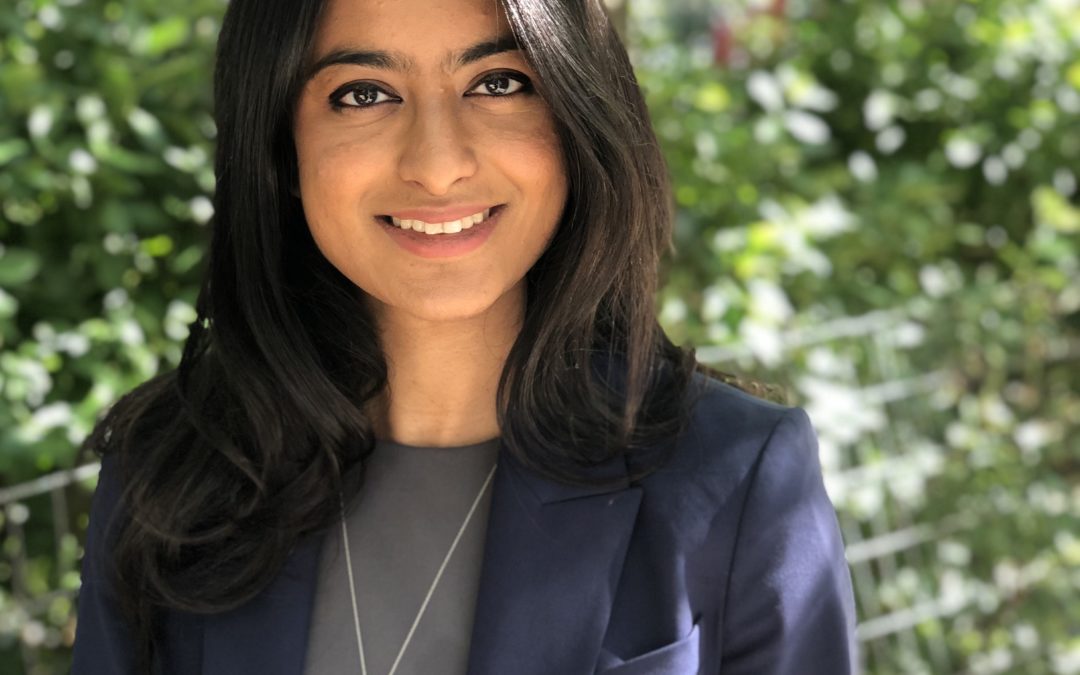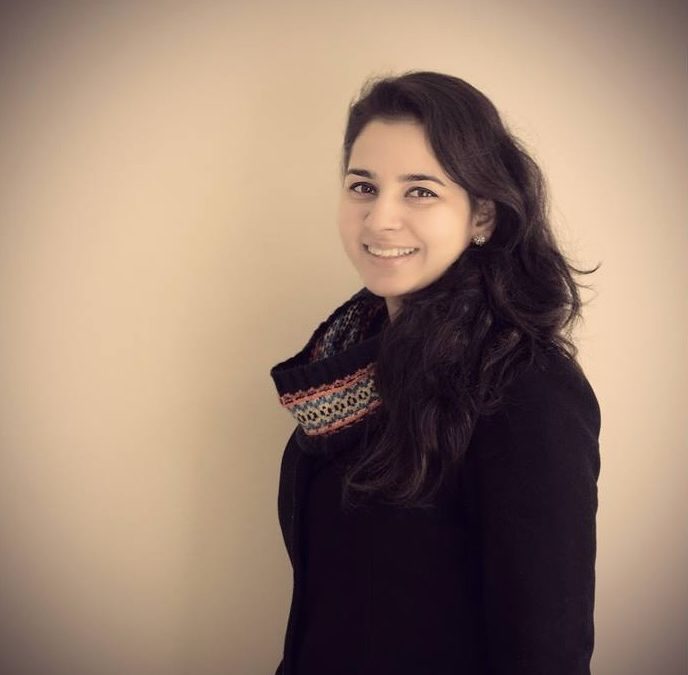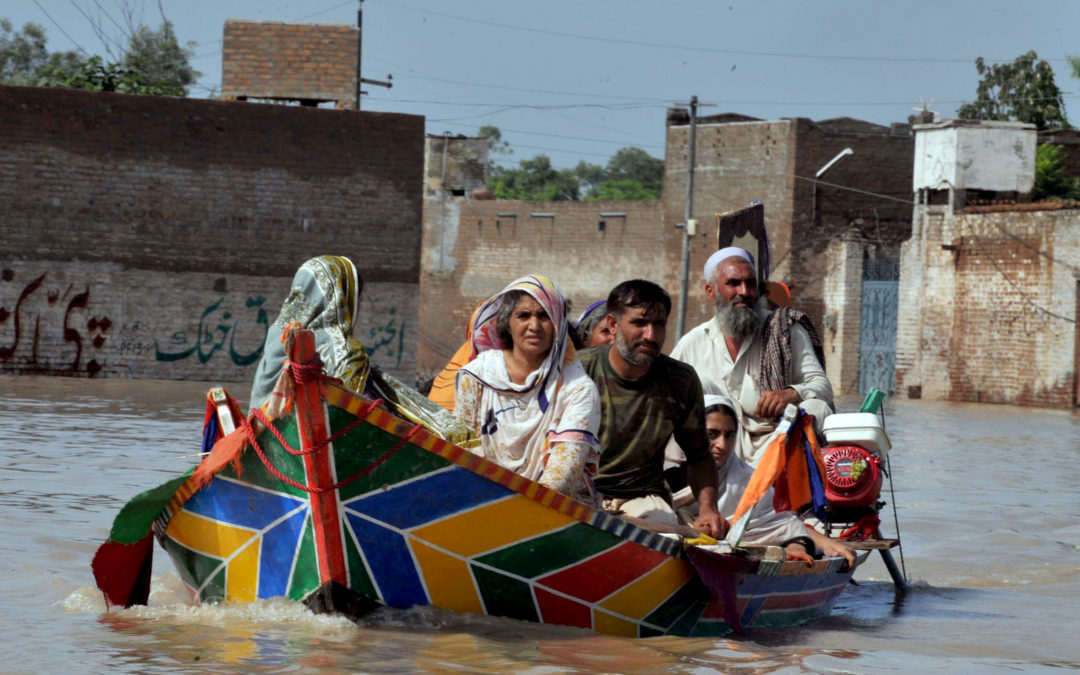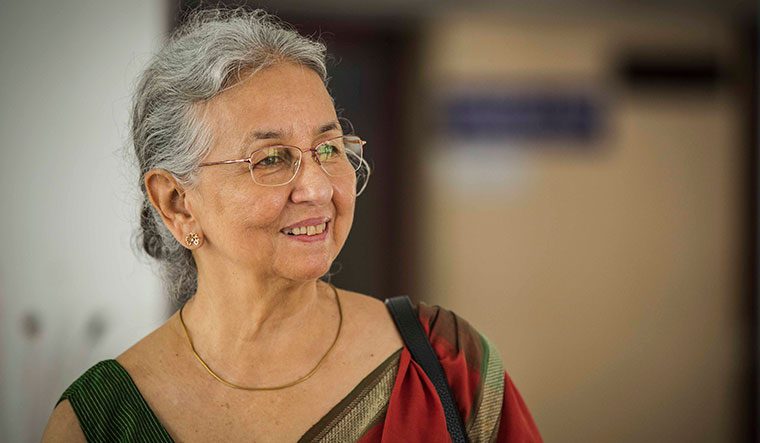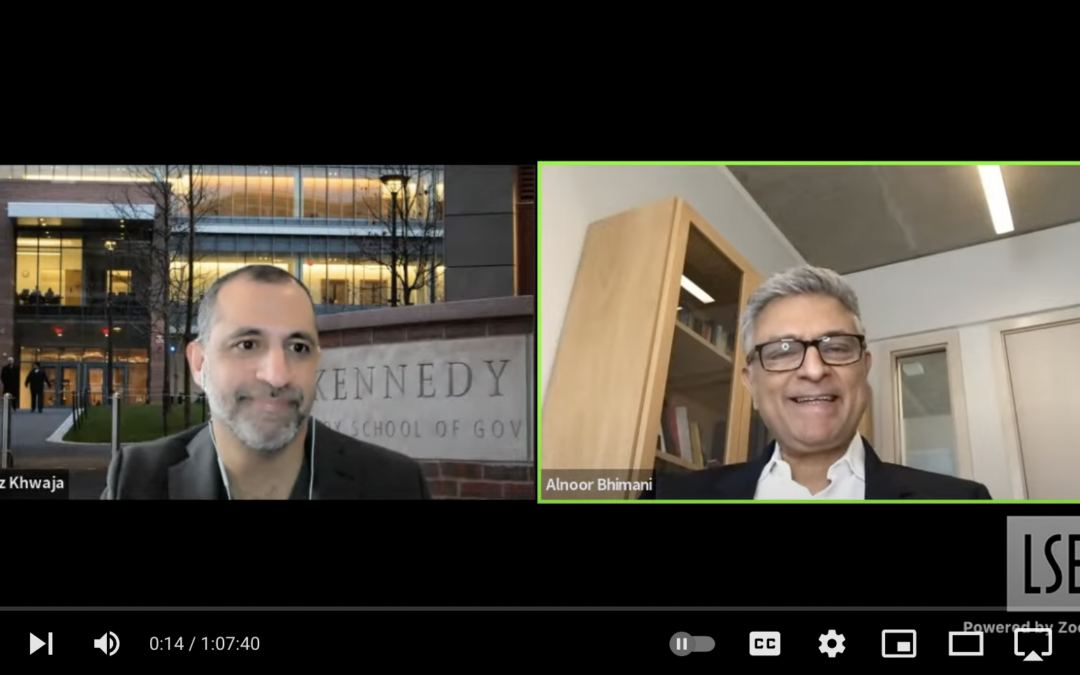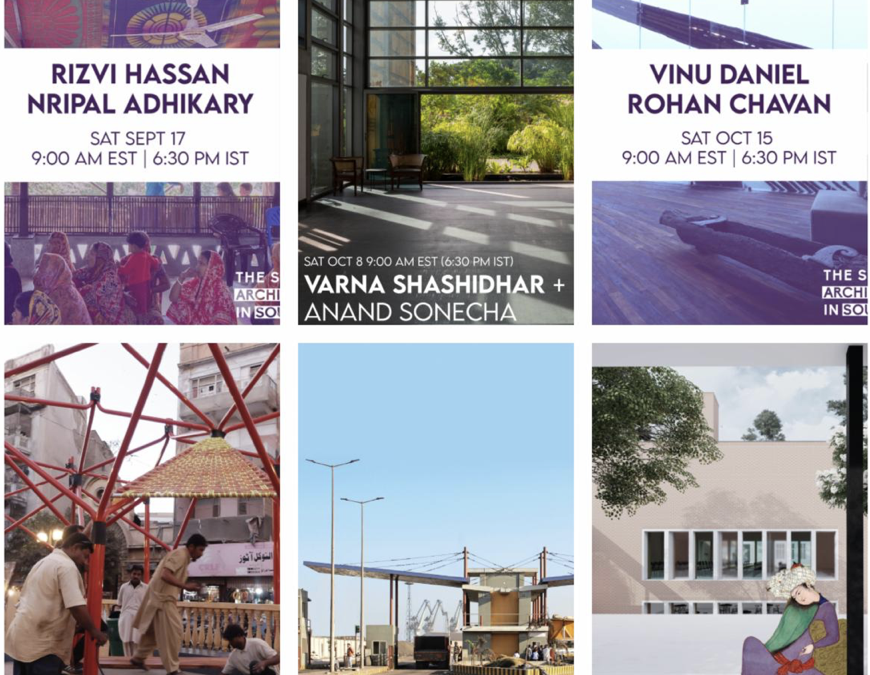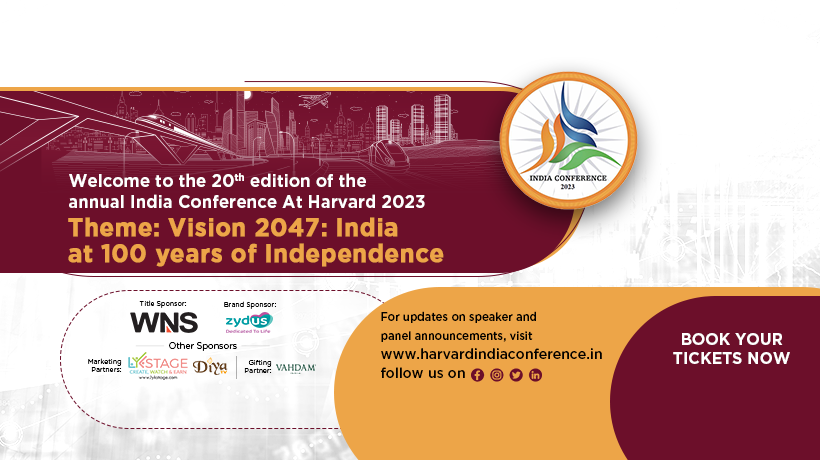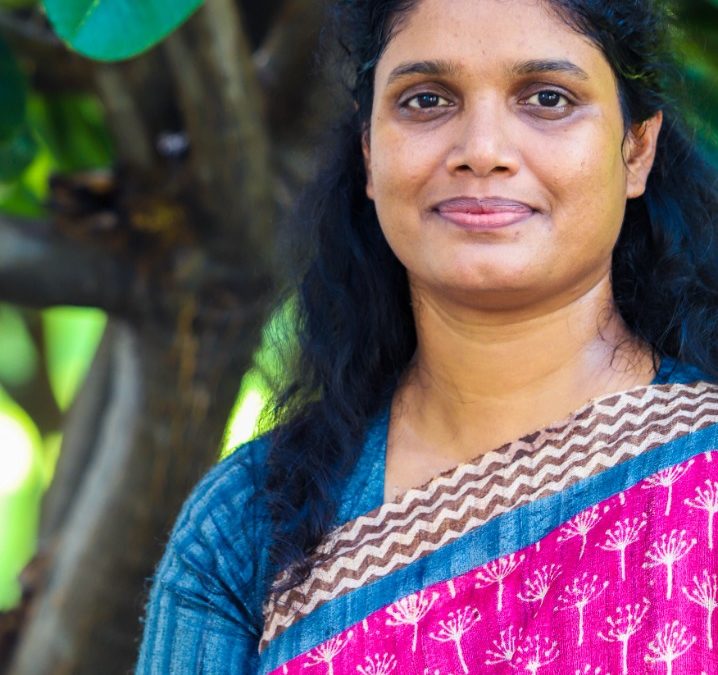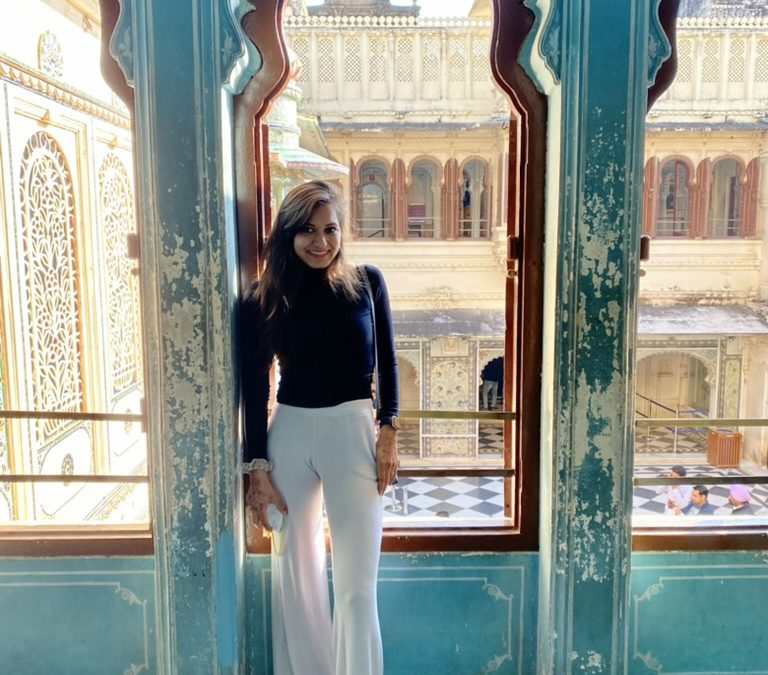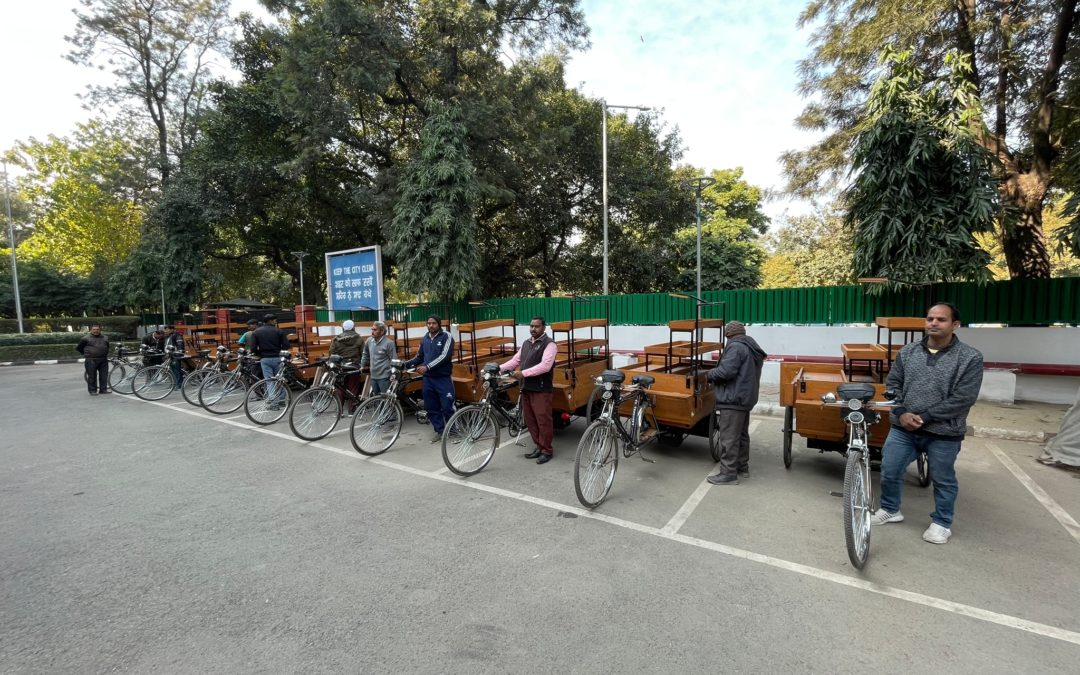This year marks the 20th season of the India Conference at Harvard. The conference, organized by students from across Harvard, will run February 11 and 12 at Harvard Kennedy School and Harvard Business School. The conference theme, “Vision 2047: India at 100 Years of Independence” will explore how India can fulfill her global potential. The conference hopes to build upon its strong legacy of hosting conversations with India’s leading politicians, business leaders, government officials, academics, artists, athletes, philanthropists for meaningful dialogue on India’s path to global recognition. The conference is supported by WNS, with additional contributions from Zydus and the Mittal Institute.
We spoke with conference organizers Anushree Singh (Harvard Business School), Dhananjay Goel (Harvard Kennedy School), Harkirat Bhullar (Harvard College), Umang Daga (Harvard Business School), and Vidhi Lohia (Harvard Kennedy School) about what attendees can expect from the two-day event.
